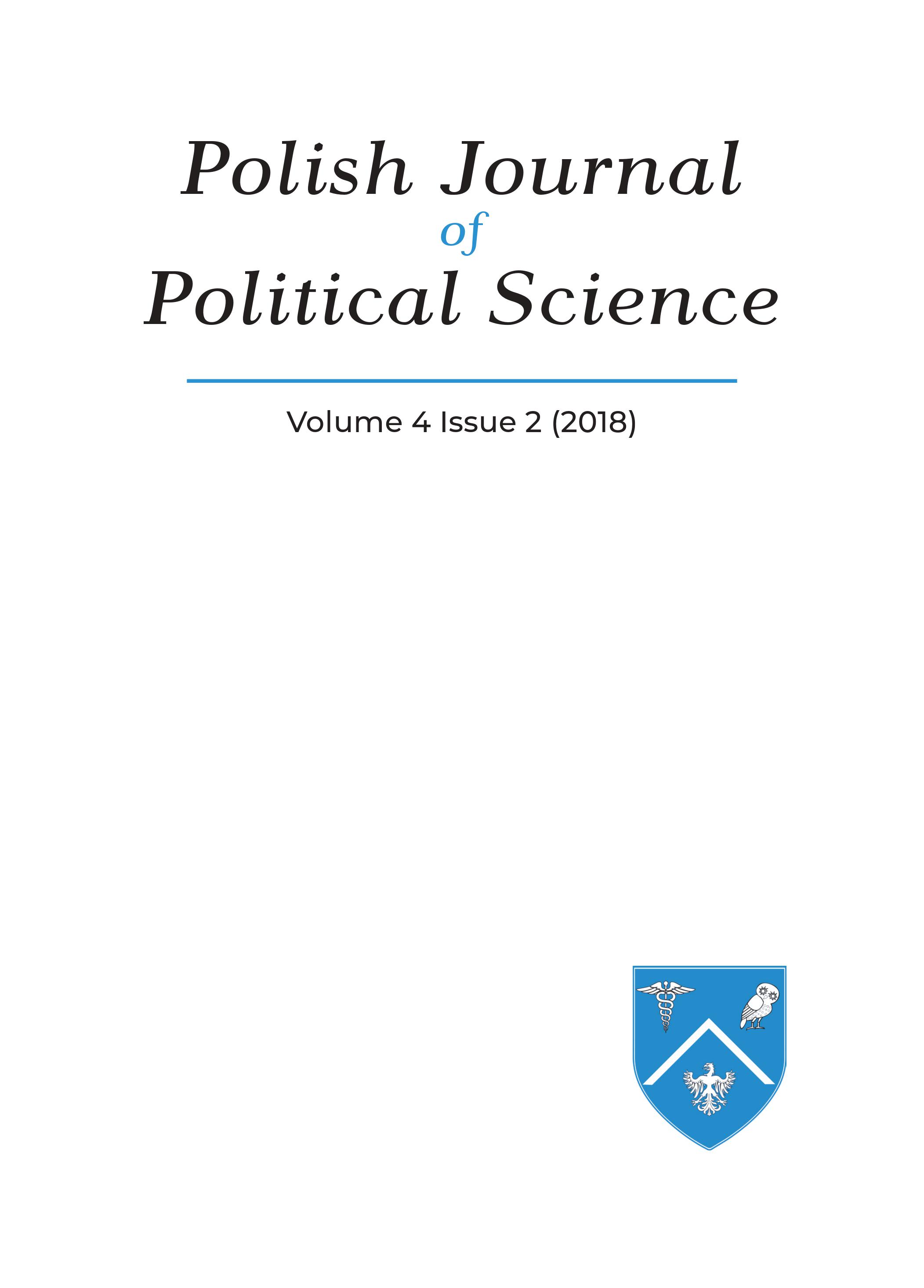One Belt, One Road: new framework for international
relations?
One Belt, One Road: new framework for international
relations?
Author(s): Adrian BronaSubject(s): Politics / Political Sciences, Geopolitics
Published by: Fundacja Instytut Nauki o Polityce
Keywords: OBOR; trade; diplomacy; multilateralism; global order
Summary/Abstract: Since 2013 “One Belt, One Road” (OBOR, also “Belt and Road Initiative”) has been one of the most commonly used terms in public discourse regarding Chinese foreign policy. This show the importance of the initiative to the Chinese leaders, particular president Xi Jinping. The enterprise consists of two parts: The Silk Road Economic Belt and The 21st-century Maritime Silk Road. The article aims to consider the future development of the project. The analysis of Chinese documents, statements of political leaders, and expansion of the project from 2013 to mid2017 was employed in order to assess possible outcomes of the policy. The results of the study lead to three conclusions. Firstly, OBOR is becoming an umbrella term for different regional development strategies across Eurasia, Africa and perhaps beyond. Those strategies include many aspects, ranging from economy, through security, science to environmental protection. Secondly, OBOR became the cognitive framework, a paradigm, for international relations – the way that people perceive them. Thirdly, the introduction of the initiative may be the beginning of China in the role of architect of new global institutions and rules. However, the rapid expansion of OBOR, both in term of quantity of participants as well as various aspects of cooperation, may lead to ineffectiveness of the initiative.
Journal: Polish Journal of Political Science
- Issue Year: 4/2018
- Issue No: 2
- Page Range: 57-76
- Page Count: 20
- Language: English

